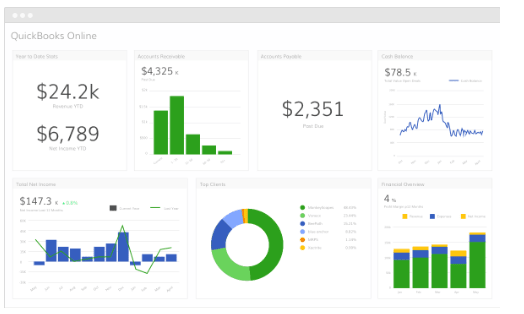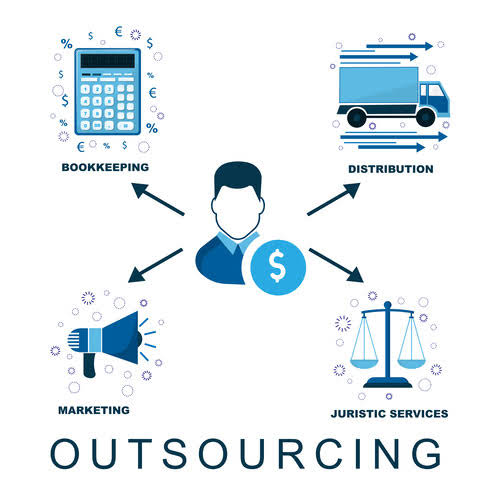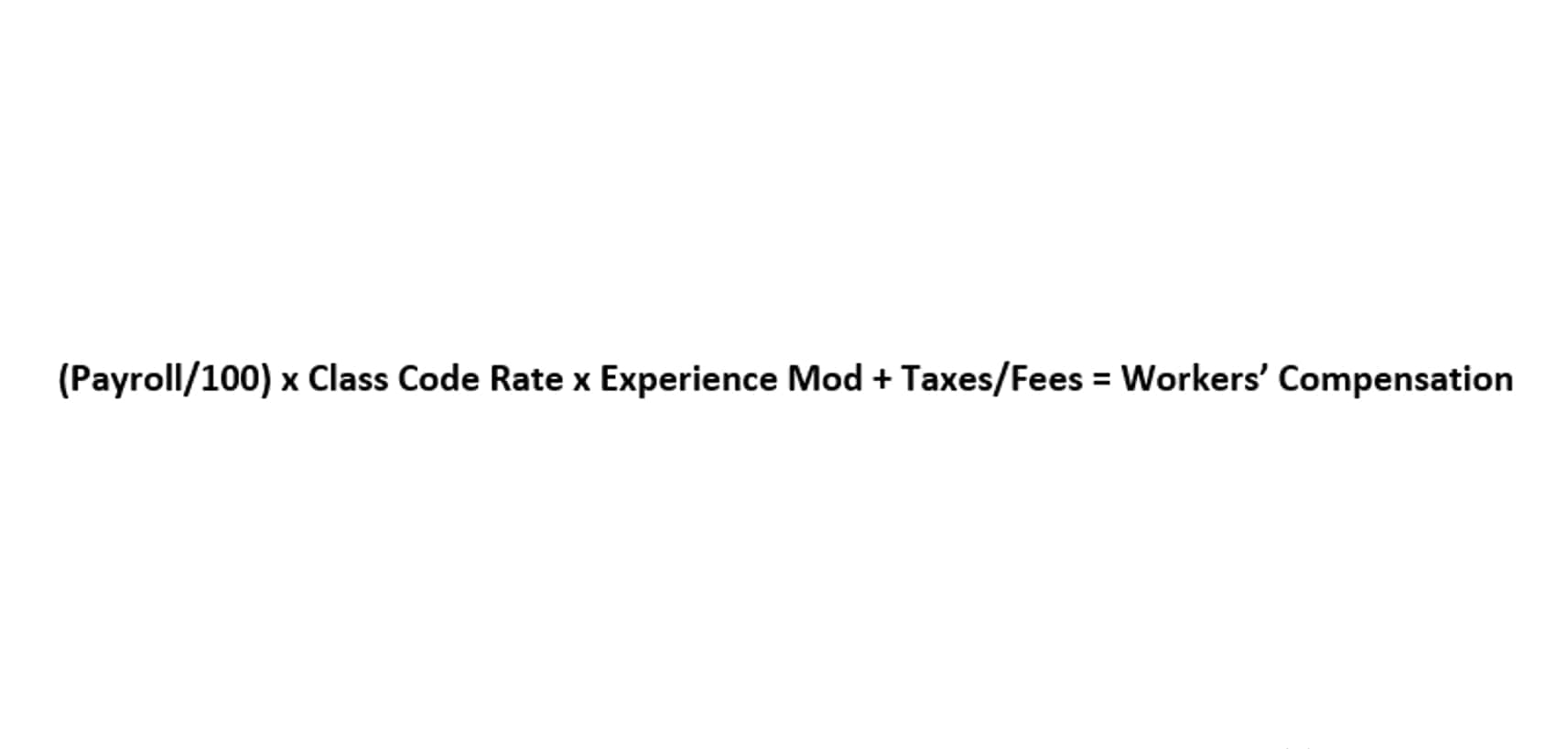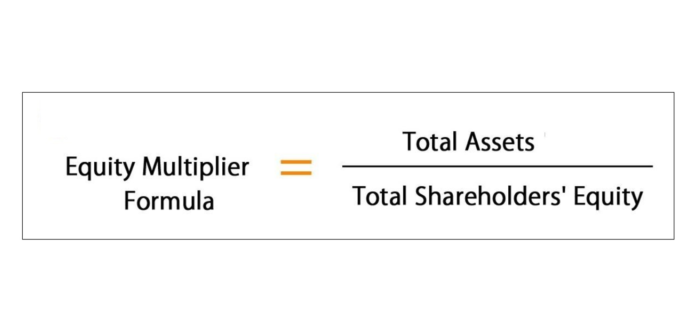
All your business transactions should go through this account, while personal expenses should ideally go through your personal banking accounts. Calculating the correct business taxes could become difficult if you don’t maintain accurate financial accounts. Explore FinOptimal’s partnership program or accounting services for startups check out our career opportunities.
- Investors want transparency and a clear understanding of how their money will be used.
- Closely tracking these numbers is critical for keeping accurate financial records.
- However, it is essential to maintain detailed payroll records for any startup with at least a few employees.
- For instance, tools like QuickBooks can automatically import transactions from your bank and payment processors, so you don’t have to manually enter each one.
- Forecasting allows you to predict revenue, expenses, and cash flow over a specific period.
- Another major challenge is the complexity of compliance with various financial regulations and standards.
VII. Understand Your Break-Even Point
Your accountant can help you choose the right software solution for your business. In this round of funding, you’ve developed a business plan, perhaps some prototypes, and are ready to get your business off the ground. There may not be a proof of concept yet, so the funding may come from those willing to take on riskier bets. Incubators, angel investors, and often friends and family who know you are the ones willing to inject startup capital. Keeping good records also means that your life will be easier when it comes to quarterly and annual income taxes for your business.

How Do You Start a New Business Accounting System?
Instead, you should find a professional service that you can rely on to handle these important responsibilities for you. If you’re going to use an outsourced provider, you want to know your business’ finances are in the best of hands. When you first start out, it can be challenging to keep track of all the money you’re owed. To help you avoid losing money, potentially making errors in your books, and struggling to collect money from clients, you will need to figure out how you’re going to handle payments. Transparency and accountability build trust with investors and stakeholders, enhance the company’s reputation, and ensure compliance with regulatory requirements. Training ensures that staff understand and follow standardized processes, reducing errors and improving the overall quality of financial reporting.
- Keeping accurate accounting from day one can make your job a lot easier in the long run, and avoid costing you time and money.
- Accountants’ specialized knowledge can support your startup business in many ways.
- With a well-managed COA, startups can make informed business decisions based on reliable financial data.
- That in turn, allows you to analyze how well your startup performed during that time period.
Bookkeeping Basics: Track Income and Expenses
- You should seek the advice of a competent attorney or accountant licensed to practice in your jurisdiction for advice on your particular situation.
- US businesses have to file a 1099 form at the end of each year, for every independent contractor.
- You’ll likely need more sophisticated reporting, stronger internal controls, and expertise in areas like tax planning and compliance.
- Simplified reporting processes allow startups to focus on innovation and growth rather than getting bogged down by complex financial documentation.
- Fortunately, Zeni’s fractional CFO and advisory services offer an ideal solution.
- The type of business entity you choose for your startup is hugely important.
Staying on top of these records will save you headaches and set your business up for financial clarity and compliance. A smooth accounts receivable process is the lifeblood of your cash flow. One thing you want to avoid is only cracking your business’s books when you’re forced to—such as at tax time or when courting a new investor. Here’s a bookkeeper-recommended checklist for keeping precise books. Not sure where to start or which accounting service fits your needs?


By outsourcing these tasks, startups can focus on their core activities, fostering innovation and growth without the distraction of financial management. Mixing personal and business finances can make it difficult to track expenses, file taxes, and prove legitimacy to investors. Open a dedicated business bank account and consider obtaining a business credit card to make transactions easier to manage.
Many business expenses are deductible, including office rent, marketing costs, virtual accountant and software subscriptions. Keeping accurate records of these expenses is crucial for claiming deductions and reducing your taxable income. No matter which approach you choose, investing in reliable accounting software is essential. Even if you handle some tasks yourself, the right software can streamline processes, improve accuracy, and save you money over time.
Everything to Run Your Business
Another major challenge is the complexity of compliance with various financial regulations and standards. Tech startups may have limited resources normal balance and expertise to navigate the intricate requirements of financial reporting. This can lead to errors or omissions that could have serious legal and financial implications, potentially hindering the startup’s growth and investor confidence.
- This can save time and money and free up your team members to focus on other priorities.
- Investors typically want to see financials that comply with Generally Accepted Accounting Principles (GAAP), which require accrual accounting.
- It’s a good idea to have an accountant/CPA to file your startup’s tax returns and interact with state tax agencies.
- If you’re doing your accounts manually, you’ll need to enter these transactions into your general ledger.
- Be sure to clarify what services are included in the quoted price to avoid unexpected expenses.
- Your accountant can help you manage your finances to reach that goal.
Monitoring Financial Health

Also, you could hire bookkeepers through agencies or work with a freelancer. It doesn’t matter which option you choose as long as the person is reliable, detail-oriented, a good communicator and comes recommended via professional or personal networks. Many software suppliers offer free trials which is a great way to test out the tools and see if they make sense for your needs. Most companies will also offer both monthly and annual contracts, which each come with benefits and drawbacks.
